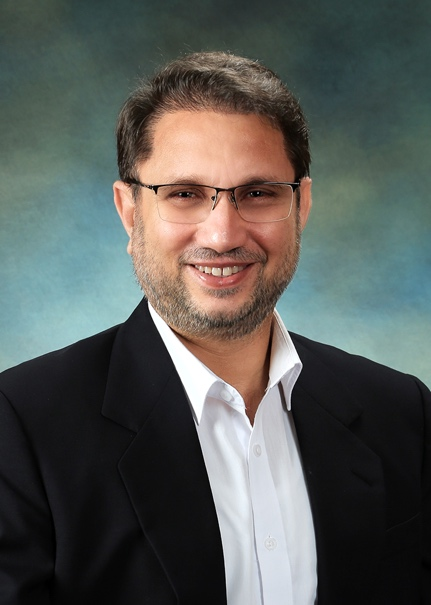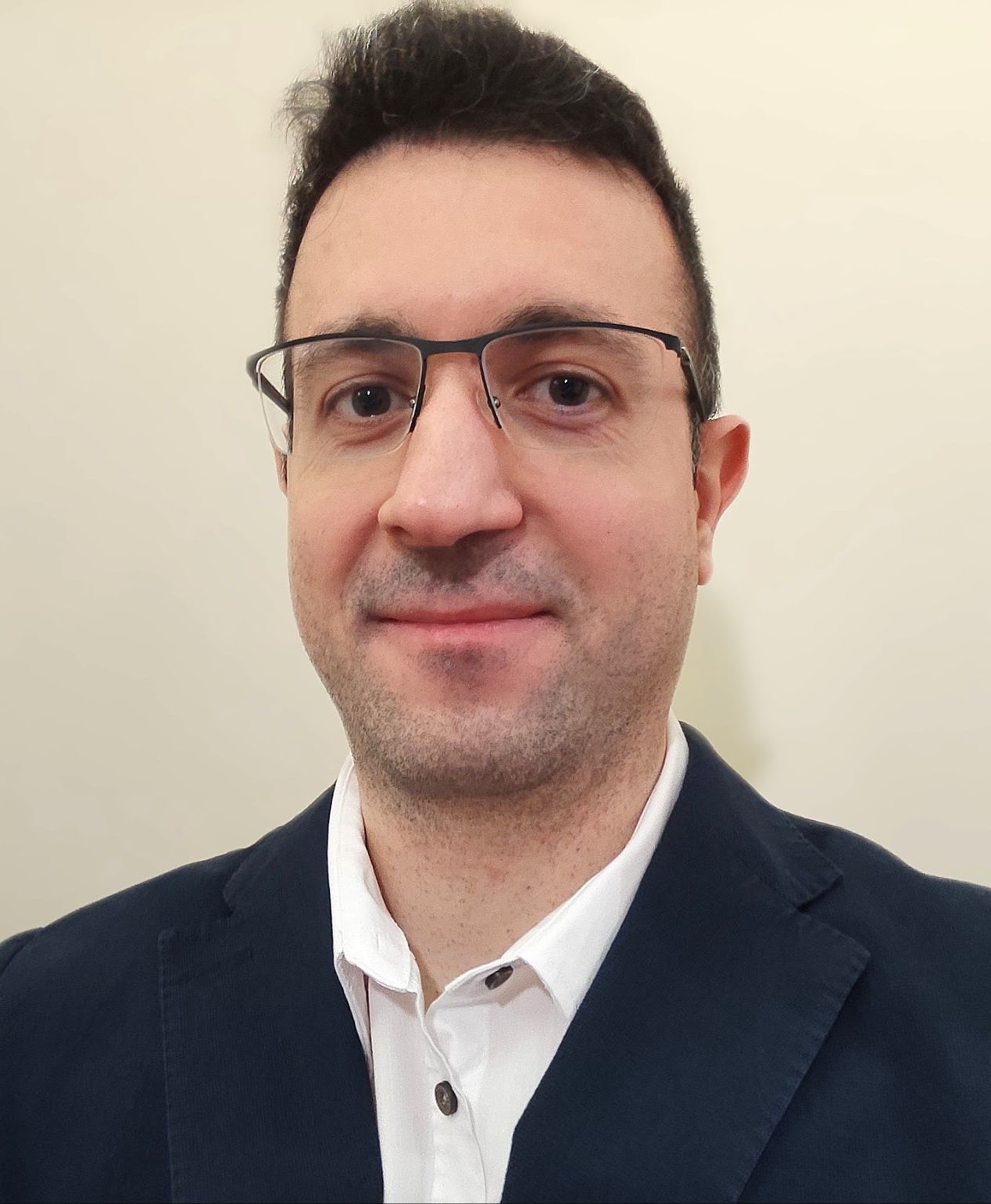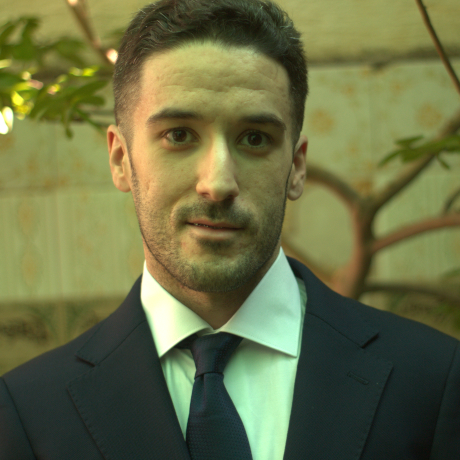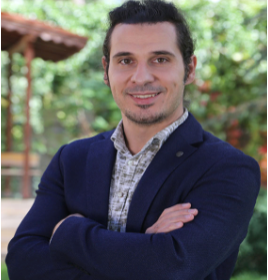Invited Speakers
Dr. Muhammad Afzal
Birmingham City University, UK
Title: Turning Readable Science into Computable Knowledge with Modern AI
Abstract: The rapid growth of scientific literature especially biomedical knowledge presents both an opportunity and a challenge for evidence-based practice. Modern AI models, including Large Language Models (LLMs), Transformer architectures, and Explainable AI frameworks, offer powerful tools to extract, structure, and interpret biomedical knowledge efficiently. By transforming human-readable scientific knowledge into computable, actionable insights, these technologies can support efficient decision-making and accelerate translational research. This talk will explore state-of-the-art AI approaches for biomedical knowledge extraction, their role in evidence-based systems, and how interpretability ensures trust and adoption in clinical practice, ultimately bridging the gap between data and informed care.
Bio: Dr. Muhammad Afzal is an Associate Professor of Computer Science with over 15 years of academic and research experience and has authored more than 100 scientific papers. He is based at Birmingham City University, UK, and holds an academic faculty position at McMaster University, Canada. He has participated in research projects totalling more than USD 15 million and is currently Principal Investigator on two projects exceeding USD 300k. His research focuses on innovative methods for AI-powered evidence-based systems, particularly in health informatics, as well as energy-efficient AI models such as large and small language models and transformer-based architectures for text mining. Dr. Afzal is actively engaged in the global research community as an editor, reviewer, and technical committee member for leading journals and conferences. He also serves on the executive board of the Scientific Knowledge Accelerator Foundation (SKAF), an organization dedicated to making scientific knowledge computable by promoting standardized, interoperable terminologies for evidence-based medicine.
Dr. Pasquale Coscia
Università degli Studi di Milano, Italy
Title: Transparent and Reliable AI for Industrial Visual Anomaly Detection
Abstract: Industrial AI provides promising solutions for monitoring and improving complex manufacturing processes, but it faces significant challenges, including limited labeled data, proprietary constraints, and the need for transparent and reliable systems. Explainable AI (XAI) techniques address these challenges by offering interpretable visualizations, feature attributions, and attention maps that reveal why anomalies are detected and help identify potential biases in the system. Building on this, generative models can produce novel defective samples, effectively augmenting scarce anomaly data and improving detection performance in low-data regimes. This talk will review state-of-the-art methods for industrial visual anomaly detection, present concrete examples of XAI and generative approaches in real-world industrial scenarios, and outline research directions aimed at integrating interpretability, data efficiency, and robustness to advance industrial AI systems.
Bio: Pasquale Coscia is a Tenure-Track Researcher in the Department of Computer Science at the Università degli Studi di Milano and a member of the Industrial, Environmental and Biometric Informatics (IEBI) Laboratory. He earned his Ph.D. degree (2019) in Industrial and Information Engineering from Università degli Studi della Campania “Luigi Vanvitelli”, Italy. From 2019 to 2022, he was a post-doctoral researcher at the Università degli Studi di Padova, Italy. In 2024, he was a Visiting Researcher at the University of Toronto, ON, Canada. He is the Co-chair of the Intelligent Measurement Systems Technical Committee (TC-22) of the IEEE Instrumentation and Measurement Society (since 2023). His research activities focus on theoretical, methodological, and applied aspects of computational intelligence for signal and image processing.
Dr. Angel Miguel Garcia Vico
University of Jaén (UJA), Spain
Title: Spiking Neural Networks: A Leap Towards Energy-Efficient AI
Abstract: As the demand for more powerful AI models grows, so does their energy consumption. Spiking Neural Networks (SNNs) offer a promising, energy-efficient alternative to conventional deep learning models. This talk will introduce the core concepts of SNNs, drawing parallels to their biological counterparts. We will discuss why SNNs are inherently more power-efficient and explore the mechanisms of spike-based information processing. The presentation will briefly touch upon various encoding and learning strategies for SNNs. Finally, we will present several compelling applications where SNNs are making a significant impact. This session is intended for anyone interested in the future of low-power AI and neuromorphic computing.
Bio: Dr. Ángel Miguel García Vico is an Associate Professor in the Department of Computer Science at the University of Jaén (UJA), and a member of the SIMIDAT research group. He completed his PhD in 2020 and has authored over 20 scientific papers in JCR-indexed journals are more than 20 conferences papers. He has participated in numerous national research projects totalling more than €1 million, and securing over €1,150,000 in collaborative research with several companies, highlighting major companies such as Renault and Meltio. His academic career is distinguished by receiving both the Extraordinary Degree Award and the Extraordinary PhD Award from the University of Jaén. His research focuses on supervised descriptive rule discovery, particularly Emerging Pattern Mining (EPM), sustainable AI using Spiking Neural Networks, and applications of this kind of models in anomaly detection or predictive maintenance problems. Dr. García Vico is also the founder of the company Glosso (https://glosso.ai/) and a passionate advocate for open and replicable science.
Dr. Ferdi Sarac
Süleyman Demirel University, Turkey
Title: Challenges of Large Language Models in Clinical Decision Making
Abstract: The emergence of large language models (LLMs) such as ChatGPT and Gemini holds considerable promise for transforming clinical practice by enabling rapid management of patient data, supporting diagnosis and decision-making, and assisting in areas such as surgical planning. There has been a notable proliferation of investigations into the potential utility of large language models as adjuncts in clinical environments. However, while these models present significant opportunities, their deployment in clinical medicine must be approached with caution. Given the sensitivity of medical decision making and patient care, LLMs also raise important technical challenges including hallucinations and integration difficulties as well as ethical concerns such as transparency and liability. This talk will examine the salient technical and ethical challenges associated with the integration of large language models into clinical practice and will propose possible solutions for mitigating these concerns.
Bio: Ferdi Sarac, received his Master’s degree in Software Engineering in 2013 from St. Mary’s University in Texas, USA, where he had the honor of being named to the Dean’s Honor List on three separate occasions. In 2018, he was awarded a Ph.D. in Computer Engineering from Northumbria University in Newcastle, United Kingdom. Since 2018, he has been serving as an Assistant Professor in the Department of Computer Engineering at Süleyman Demirel University. He has also engaged in teaching activities across Europe, including Germany, Italy, Poland, Serbia, and Romania. His current research interests include the application of artificial intelligence in healthcare, machine learning, web accessibility for the visually impaired, image processing, and large language models.




